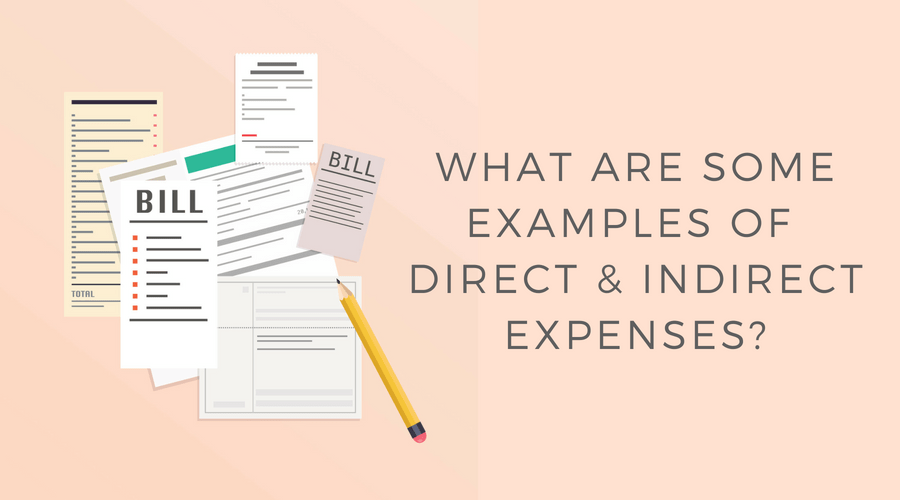7 Common Small Business Financial Mistakes and How to Avoid Them

Every small business takes a different path to success, but there are usually some bumps and missteps along the way. Some of those bumps could be caused by financial mistakes. Keep reading to learn seven common financial mistakes small businesses make and how to avoid them.
1. Ignoring your business credit score
You likely already keep an eye on your personal credit score. It’s just as important that you monitor your business credit score, which tells investors and lenders how well your small business handles its debts.
You have a fair amount of control over many of the things that go into computing your credit score, including your payment history and debt-to-income ratio. Make sure that you’re trying to pay your bills on time and are avoiding borrowing more than you can pay back.
This score is public record, so a low score could have negative consequences. For example, if you’re negotiating payments terms with a vendor, they might check your business credit score and offer you less than favorable terms or refuse to extend credit. But, by checking your score regularly, you won’t have any surprises when you’re negotiating payment terms or applying for a credit card or loan.
2. Not monitoring your cash flow
Your cash flow is an indicator of how healthy your small business is. It will let you know whether you can meet your payment obligations. Even if you pay an accountant, it’s important that you check your cash flow regularly, too. That way you’ll know whether you’re operating in the black or red. If you’re spending more than you’re bringing in, you can look for ways to cut costs, so you can make sure you’re making more money than you’re spending.
3. Not sticking to a budget
If you don’t have a budget, or if you ignore your budget, you could easily start spending more than your small business makes. A budget helps you track what your small business is spending and identify areas where you could reduce expenses. It will also help you gain control of your cash flow because you’re taking control of where your money is going. Learn more about setting a budget for your small business.
4. Buying into the sunk cost fallacy
If you’ve spent a lot of time and money developing a product or service for your small business, you might feel the need to continue working on it, even if it looks like it won’t work or won’t be profitable. That’s the sunk cost fallacy – continuing to do an activity because you’ve already poured a lot of resources into it. But, not every idea you have will work out, so sometimes you just need to cut your losses. By recognizing when it’s time to move on, you’ll end up saving yourself a lot of money down the road.
5. Not saving for an emergency
At some point, your company will likely face an emergency. It might be a natural disaster or an unexpected dip in customers. Whatever happens, it’s important that you have a contingency plan for your finances. Consider saving at least three months’ worth of expenses so you can keep your business afloat if the unthinkable happens. If your business is already operating on a shoestring budget, it can be difficult to save. Try to save money during your more profitable months, so you don’t feel pressured to set aside as much during the leaner months.
6. Not setting payment terms
If you sell to clients on credit, it’s important that you encourage them to pay on time as often as possible. If you did not set payment terms in the beginning, then you and your clients might not know what “on time” means. It’s important that you set your payment terms upfront so there is no confusion, and everyone knows when to pay you. Ask your customers to agree to the terms before they make the purchase and print the terms on every invoice. Once you have set terms, you’ll be able to determine how to handle someone not paying you on time.
7. Combining personal and business finances
It’s common for small business owners to combine personal and business finances, but that can be dangerous. A mistake in your business finances could ruin your personal financial reputation or vice versa, so try to separate your personal and business finances as early as possible. It will make it easier for you to balance your accounts, file your taxes, track your profits, and set financial goals for your small business.


